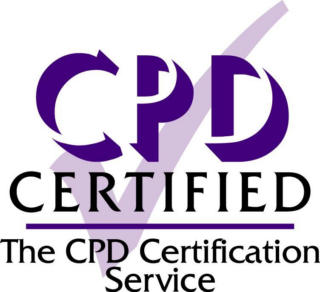Unipart have been at the forefront of continuous improvement for decades, utilising multiple improvement philosophies, including Lean. On the 31st of October, Q members got the opportunity to visit Unipart’s Headquarters in Oxford. Hosted by David Hughes, Head of Healthcare at Unipart Expert Practices, Q members gained an understanding of the Unipart culture and how the business has been transformed through the application of improvement philosophies and principles.
Objectives of the day were:
• To gain an appreciation of how the Unipart Way has developed
• To see principles, systems and tools working in harmony to deliver business performance
• To see live examples in multiple environments of standard work, visual management and problems solving driving daily improvements
• To gain an understanding of how the Unipart Way has, and can be, applied within Healthcare
Q members who attended the day have shared some of their learning and feedback from the day:
Natalie Jones, Assurance and Delivery Manager (Wessex) NHS England
I was impressed by the recognition that scheduling time for quality improvement within capacity planning allowed the organisation to deliver more within the same resources.
Jo Murray, Patient Safety Manager (Sepsis and Mortality Review workstreams) Oxford AHSN
Key points that I picked up (some re-affirmed, some new)
- Cultural change is more important than the actual processes – but you do need both
- Key tools and ways of working are printed on the walls (not just a poster) as they are for everyone and there to stay
- Everyone is included, workplace audits of the process carried out daily and by all on a rotational basis. Even CEO does it when visits the shop floor
- There is space to make changes (i.e. still room for innovation) but in a structured way – frontline staff encouraged to identify problems and find solutions
- Staff competency and development plan on display as part of the daily communication board and, by linking everything together, helps prioritise training
- Cross team working – ethos of helping deliver department/organisational goals rather than just own small team – KPIs (key performance indicators) all known and looked at by whole team at least daily
- Awards for above and beyond and completing an OCC (Similar to PDSA small test of change)
- There is a lot less regulation and other external requirements than in healthcare
- This has taken 30 years and they are still learning
Getting sceptics on board
- Agree at a principle level why need to make an improvement e.g. patient flow, etc.
- Then move to how to do this – will need some form of structure ad tools
- What then becomes an easier win – for example choose the “Unipart way” but needs to be localised to suit own organisation/team– put in the mindset change and principles – go and see, reduce waste, measure variation
- Who is the customer – not just patients, also NHSI, CQC, CCG, etc.
- When – don’t strive for perfect or attempt to boil the ocean in 1 day
Having the opportunity to take part in these visits is one of the many benefits of being a member of Q. I would encourage all members, new and old, to take advantage of these – there is always a great deal to learn from others and, to steal shamelessly from number 9 of the Unipart Way 18 principles, “We ‘go and see’ to understand deeply what is happening” -this is a vital part of improvement work!
So, what is the “NHS Way”…?
You can out more about upcoming visits and how to register for them on the Q visits page.

 Oxford
Oxford